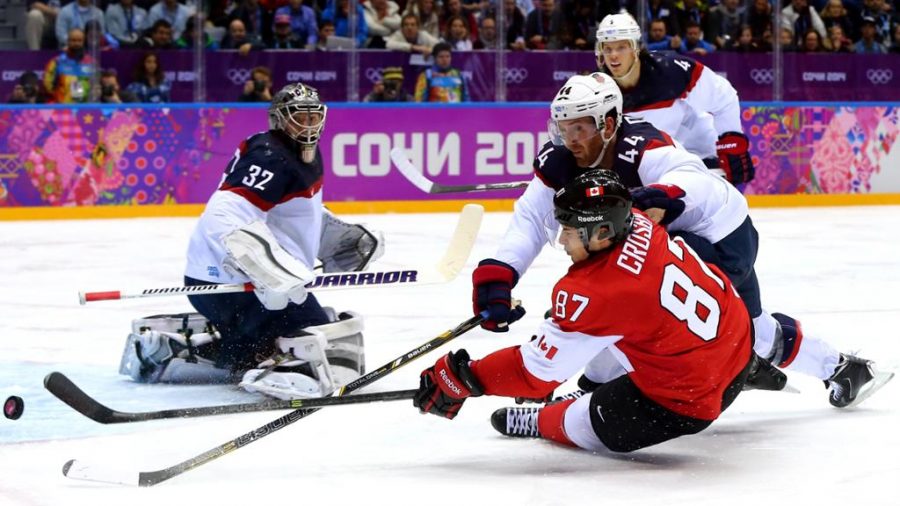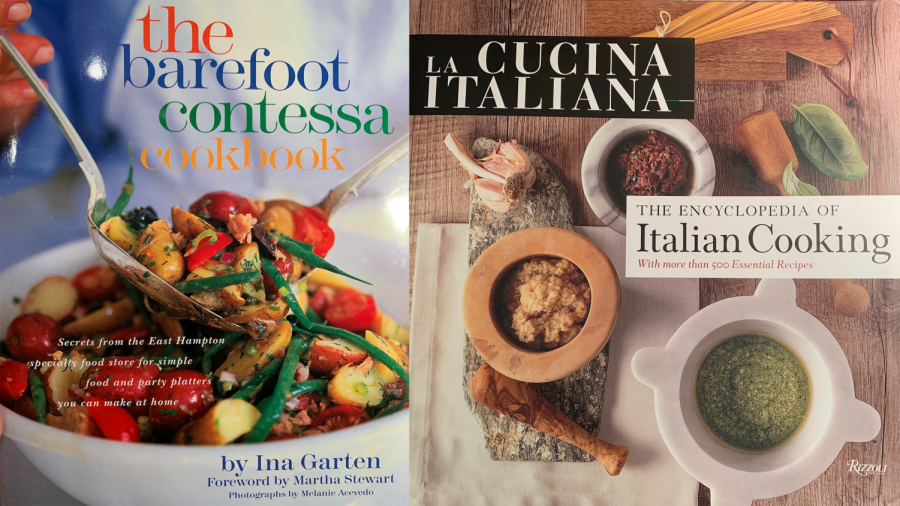Stephanie Racker The Winter Olympics is home to what is arguably hockey’s biggest tournament. Although the World Cup of Hockey also has status among hockey fans, nothing seems to compare to the prestige of winning gold at the Olympics, no matter what sport. Originally, the Winter Olympics hockey teams were comprised of non-NHL players, such as college hockey players or simply those playing in an amateur league. There were some disputes about allowing “professional” hockey players into the competition, but the consensus regarding NHL players remained the same: they were not going to play. In 1995, that consensus changed. After witnessing the success of NBA players in the 1992 Summer Olympics, NHL Commissioner Gary Bettman made the bold move to push for NHL participation in future Olympics, in the hope of greater exposure for the league and the game. Eventually, the IOC (International Olympic Committee), the NHLPA (National Hockey League Player’s Association) and Gary Bettman arrived at an agreement to grant NHL players the opportunity to play in the upcoming 1998 Winter Olympics. Since then, the NHL has allowed players’ participation in the competition for the past five Olympics. But the NHL’s participation in the upcoming 2018 Winter Olympics in PyeongChang, South Korea is now in jeopardy. There are many factors as to why the NHL is reluctant to play a role in the 2018 Winter Olympics, but the main reason there’s been so much debate is the financial burden Olympic competition places on the NHL. The funding required to transport and take care of over 100 NHL players was covered by the IOC in the previous five Olympics. Unfortunately, the IOC is refusing to pay fees for 2018, meaning it will fall on NHL owners and the IIHF (International Ice Hockey Federation) to provide the necessary funds. But this is nothing compared to the real economic effect of Olympic participation. Unlike all of the other big-league sports whose athletes participate in Olympic competition, the NHL is the only league whose season is disrupted during the Olympics; the Winter Olympics typically fall right in the middle of the NHL season. Pulling out the best players in the league to participate in some distant tournament empties stadiums faster than a ban on player fighting would. And because the NHL franchises are, like all of the other big-league sports, independently owned, owners have no desire to close for business during the only time of the year they can operate. But, there’s more than just that. Hockey is a tough sport, and taking out the best players to play against other great players inevitably results in injuries. Injuries are part of the business, but when they are sustained outside of the NHL, they become an unnecessary cost. You don’t have to be an economics professor to understand the NHL owners’ grievances here. Despite the NHL’s stance on the issue, it’s the players in the league who have spoken out about what it means to participate in these Olympics. Chicago Blackhawks players Jonathan Toews and Niklas Hjalmarsson have made comments regarding their feelings about NHL players in the Winter Olympics. Hjalmarsson made his opinion clear. “I’ll be really disappointed if they don’t let us go,” he said. Toews had a similar, but more impassioned, response. “I just feel like we’re misrepresenting our sport on a pretty huge scale and a pretty huge level,” said Toews. “It’s the players pushing for it, and it’s the players that are interested and want to go.” Objections from the players have been league-wide, even to the point where Washington Capitals’ star Alex Ovechkin went on record stating he would be participating in the 2018 Winter Olympics, whether the NHL granted players permission or not. Ultimately, it will fall on the NHL as an organization to make the final decision, but from the looks of it, the league’s players won’t be staying silent about the matter.]]>
Categories:
Blackhawks Fighting to Play in PyeongChang
February 17, 2017
0
More to Discover























































